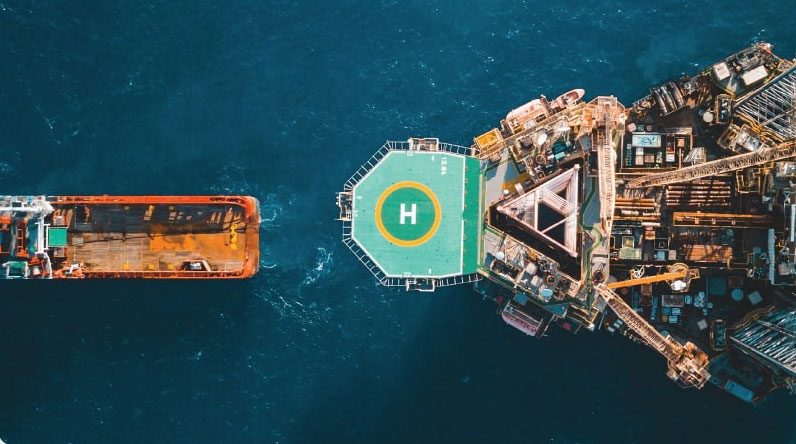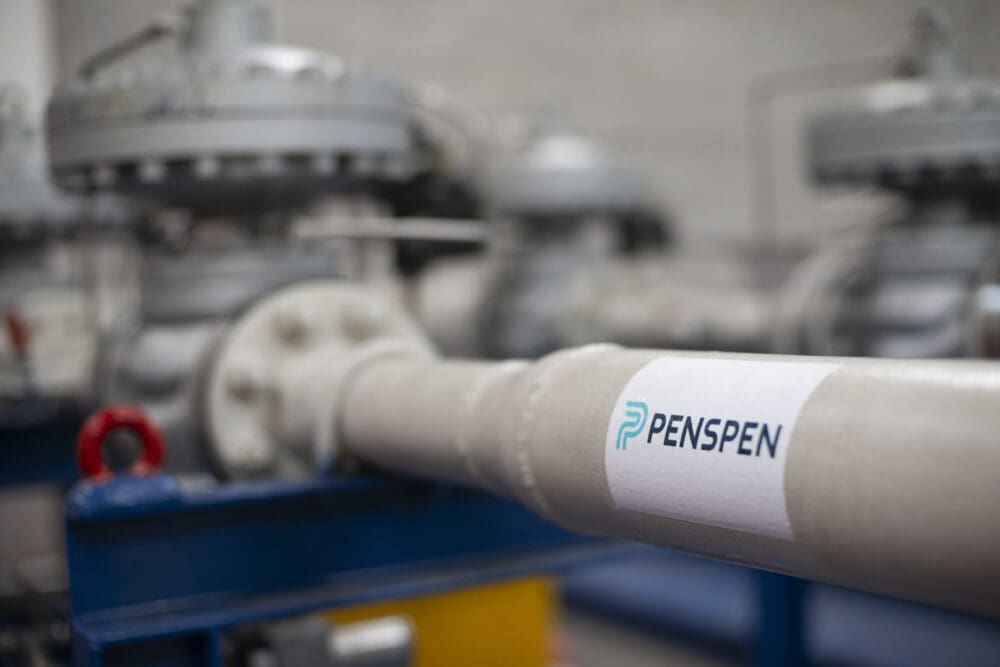Ensuring Compliance and Excellence in Asset Integrity
In the ever-evolving energy landscape, staying up to date on the latest developments is paramount for ensuring the longevity, safety, and efficiency of critical assets. As we conclude the first quarter of the year, our latest insight provides a concise overview of the most valuable updates to keep you informed.
Latest Advancements in Industry Standards
Gustavo Romero, Director of Latin America Operations, has concisely outlined key industry standard updates across Q4 2023 and Q1 2024. These updates not only ensure compliance but also serve as essential roadmaps for enhancing safety, mitigating risks, and optimising performance. Dive into the latest industry standards updates below to enhance your knowledge.
AMPP Standards
AMPP SP21438-2023, Cathodic Protection of Metallic Structures Submerged in Fresh Water – outlines approved methods for cathodic protection (CP) to control external corrosion on stationary metallic structures (e.g., steel, stainless steel, cast iron, aluminum) submerged in fresh water. Applicable structures include trash racks, dams, gates, dock pilings, sheet pilings, etc., situated in lakes, rivers, streams, canals, or similar freshwater bodies. The standard provides guidance on preserving these structures through the effective implementation of cathodic protection techniques.
AMPP SP21474-2023, External Corrosion Control of On-Grade Carbon Steel Storage Tank Bottoms – addresses the essential goal of sustaining leak-free operation for aboveground storage tank (AST) bottoms by offering comprehensive guidelines on corrosion mitigation, including alternatives to cathodic protection (CP) and a focus on vapor corrosion inhibitor (VCI) practices and procedures.
AMPP SP21520-2023, Acceptance Criteria for Cathodic Protection of Steel in Concrete Structures – consolidates criteria from historical standards (NACE SP0290, NACE SP0216, and NACE SP0408) to establish essential guidelines for assessing the adequacy of cathodic protection systems in concrete structures, allowing specific standards to focus on application-specific aspects and suggesting techniques for estimating protection levels in non-compliant methods.
ASME Standards
ASME B31G – 2023 Manual for Determining the Remaining Strength of Corroded Pipelines – provides guidance for evaluating metal loss in pressurised pipelines within the scope of ASME B31 Code for Pressure Piping, including various applications such as liquid hydrocarbons, gas transmission, slurry transportation, and hydrogen piping.
ASME B31.12 – 2023 Hydrogen Piping and Pipelines – sets standards for piping and pipelines dealing with gaseous hydrogen and mixtures, as well as liquid hydrogen service, covering joint connections up to associated pressure vessels and equipment, excluding the vessels themselves, with specific guidelines for support elements and design requirements in accordance with Part IP for industrial piping and Part PL for pipelines.
API Standards
API 570-2024: Piping Inspection Code: In service Inspection, Rating, Repair, and Alteration of Piping Systems – outlines inspection, rating, repair, and alteration procedures for metallic piping systems and associated pressure-relieving devices in service, providing guidelines for in-service inspection programs and condition monitoring to ensure ongoing integrity, with exclusions for specialty equipment and source inspection of newly fabricated pressure piping.
API RP 574-2024: Inspection Practices for Piping System Components – complements API 570 by offering guidance to piping inspectors, enhancing their skills and knowledge in inspection practices for components such as piping, tubing, valves (excluding control valves), and fittings used in petroleum refineries and chemical plants, emphasising common components, inspection planning, intervals, and techniques, while excluding specialty items like instrumentation and control valves.
For more information and guidance on these industry standard updates, please contact our integrity experts below.
CONTACT USThe Crucial Role of Refinery Asset Optimisation in Meeting Industry Projections in 2024
In the ever-evolving energy landscape, the imperative for a strategic approach to power the modern world has never been more crucial. The Market Reports World 2024 has anticipated that there will be robust growth in the refinery industry between 2024 and 2031, increasing the need to optimise refinery assets and storage tanks to ensure operational efficiency, cost reduction, and compliance with environmental standards during this market demand change.
Aligned with this industry need, Penspen is committed to leveraging our materials and corrosion engineering capabilities as a trusted partner in optimising the performance and longevity of refinery assets and storage facilities. To delve deeper into the strategies that can enhance your storage tank and refinery operations, we invite you to download our latest white paper. Discover how our tailored solutions can help you build a stronger, more resilient future for your energy infrastructure.
DOWNLOAD NOWWhat Are Integrity Operating Windows and Why Are They Growing in Importance?
Integrity Operating Windows (IOWs) define the operating conditions within which a system can operate safely and maintain its integrity.
These windows are established based on factors like equipment design, material properties, operating parameters, and safety margins. Operating outside of these predefined windows can potentially lead to equipment failure, safety hazards, environmental harm, or loss of production efficiency.
These IOWs are growing in importance due to the changing nature of regulatory and compliance standards across the industry. These standards seek to minimise risk to the environment and to the asset. Without them, operators run the risk of increasing the chance of accidents, spills, or emissions that can harm both personnel and the environment.
LEARN MORE





